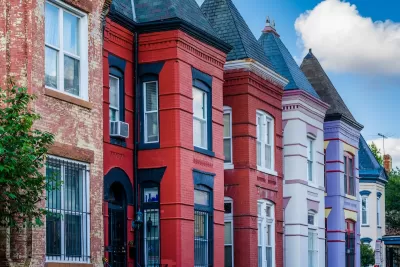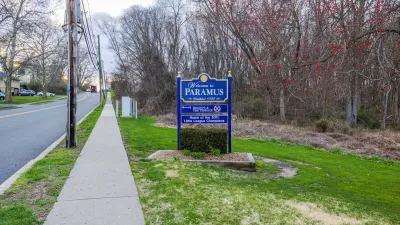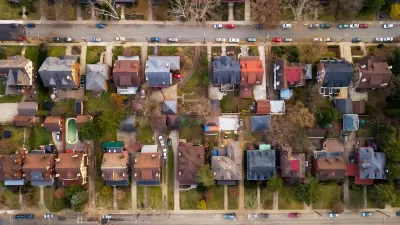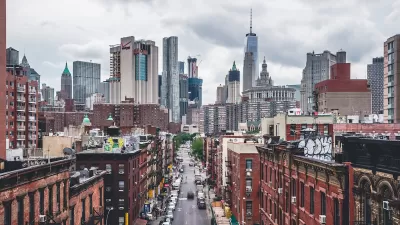A poll finds that most residents want to see changes in zoning and land use laws that unlock more housing construction in the District and improve affordability.

A poll of 500 Washington, D.C. residents found that most of the respondents expressed support for increased density and land use reforms that would accommodate more housing, with 81 percent expressing dissatisfaction with Mayor Muriel Bowser’s progress on housing access and affordability.
Alex Baca and Dean Howell outline the results of the survey in Greater Greater Washington (who, with the Greater Capital Area Association of Realtors and the DC Association of Realtors, commissioned the study). They note that “Overall, young residents, women, and renters say that they are most affected by housing affordability, i.e., they feel as if they can’t afford living in the District. Renters, young residents, and older people of color are most likely to say that housing availability is a very big problem, i.e., they can’t find a home that they can afford, but believe if they could afford it, they could find a place.”
The authors note that over half of residents in all demographic groups supported allowing fourplexes in single-family zoned neighborhoods, but few have engaged with their public representatives. “People are supportive of more housing, and more housing that they can afford, but, for the most part, aren’t going to make much noise about it—because they expect their government to fix a known problem.”
Moreover, “A majority of D.C. residents believe that increasing housing development is more important than maintaining neighborhood character,” with 63 percent agreeing that “It's more important to lower housing costs by loosening certain land use regulations and zoning rules to increase housing development.”
FULL STORY: Poll finds District residents prefer housing affordability to neighborhood character

Manufactured Crisis: Losing the Nation’s Largest Source of Unsubsidized Affordable Housing
Manufactured housing communities have long been an affordable housing option for millions of people living in the U.S., but that affordability is disappearing rapidly. How did we get here?

Americans May Be Stuck — But Why?
Americans are moving a lot less than they once did, and that is a problem. While Yoni Applebaum, in his highly-publicized article Stuck, gets the reasons badly wrong, it's still important to ask: why are we moving so much less than before?

Research Shows More Roads = More Driving
A national study shows, once again, that increasing road supply induces additional vehicle travel, particularly over the long run.

Pittsburgh Rolls Out Electric School Buses
Pittsburgh Public Schools has launched its first electric school buses, with plans to fully electrify its fleet over the next 14 months, aiming to create a cleaner, more sustainable transportation system supported by new charging infrastructure.

Concrete to Community: A Schoolyard Makeover in West Philly
With guidance from the Trust for Public Land, third graders at Overbrook Elementary are leading the redesign of their asphalt schoolyard into a vibrant green space, learning valuable skills and creating lasting community impact in the process.

Which US Rail Agencies Are Buying Zero-Emissions Trains?
U.S. rail agencies are slowly making the shift to zero-emissions trains, which can travel longer distances without refueling and reduce air pollution.
Urban Design for Planners 1: Software Tools
This six-course series explores essential urban design concepts using open source software and equips planners with the tools they need to participate fully in the urban design process.
Planning for Universal Design
Learn the tools for implementing Universal Design in planning regulations.
City of Moreno Valley
Institute for Housing and Urban Development Studies (IHS)
City of Grandview
Harvard GSD Executive Education
NYU Wagner Graduate School of Public Service
City of Cambridge, Maryland
Newport County Development Council: Connect Greater Newport





























